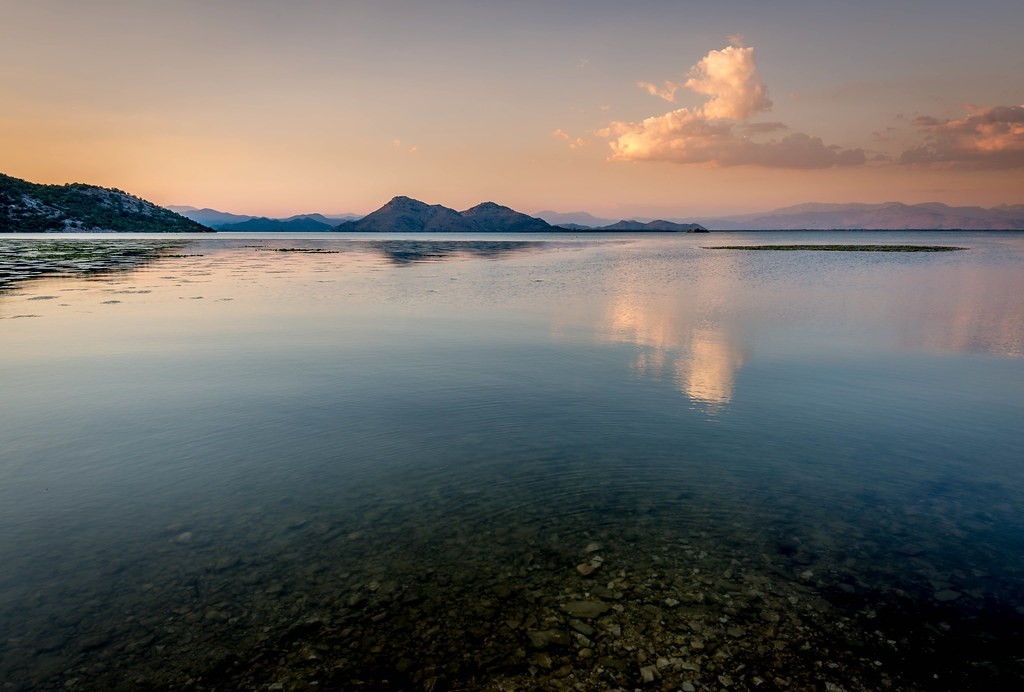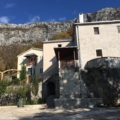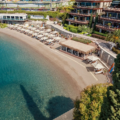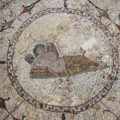
Montenegro and Greece: A Destination Country Comparison – Situated in the southeastern corner of Europe, both Montenegro and Greece lie approximately 550 miles apart. Renowned for their scenic vistas, profound cultural legacies, and scrumptious food, these countries promise an amazing trip. If you’re contemplating where to head for your next getaway and seeking peace of mind in your decision, we aim to offer a (partially!) impartial country comparison. Hopefully, this guide will assist you in determining the perfect destination.
Geography

Montenegro, nestled just south of Croatia on the Adriatic coast, is a compact nation celebrated for its impressive mountainous landscapes, pristine beaches, and stunning coastal route.
While Montenegro offers an affordable travel option among European countries, Greece offers an expansive journey into island life. Located at the intersection of Europe, Asia, and Africa, Greece is roughly 10 times the size of Montenegro. It is famed for its ancient relics, captivating islands, and varied terrains, ranging from beaches and mountains to forests.
Montenegro vs Greece – Culture

Montenegro and Greece both have rich cultural heritage. Montenegro has been influenced by its Slavic, Ottoman, and Mediterranean neighbors over the centuries, resulting in a unique mix of traditions, music, and cuisine. Greek culture is equally diverse, drawing from ancient civilizations, Byzantine, and Ottoman cultures, as well as more recent European influences. Greek food, dance, and music are renowned around the world.
Montenegro vs Greece – Development
Montenegro is an up-and-coming destination that is rapidly gaining popularity among tourists – and it is very early in its journey. It has a growing tourism industry and is still relatively undiscovered. Greece, on the other hand, is a much larger country with a more established industry.
As a brief comparison and bearing in mind that Greece is 10x larger, there are over 400 5-star hotels in Greece compared with Montenegro which has approximately 20. While it means you have a lot more choice in Greece, prices are a lot lower in Montenegro with tourists getting a lot of bang for their buck.
In our opinion, equivalent properties are between 20 – 30% cheaper during the summer months in Montenegro. Looking at a cost comparison site, Whereandwhen.net, the cost for a 14-day trip to Greece (excluding flights) is $2,928, the equivalent price for Montenegro is $2,175. Montenegro has also been highlighted as one of the cheapest destinations to go to in Europe – see article.

Having said that, Montenegro continues to develop its tourism with big developments in Lustica Bay and Budva. With tourism providing over $1bn of revenue in the last fiscal year, it is a high priority.
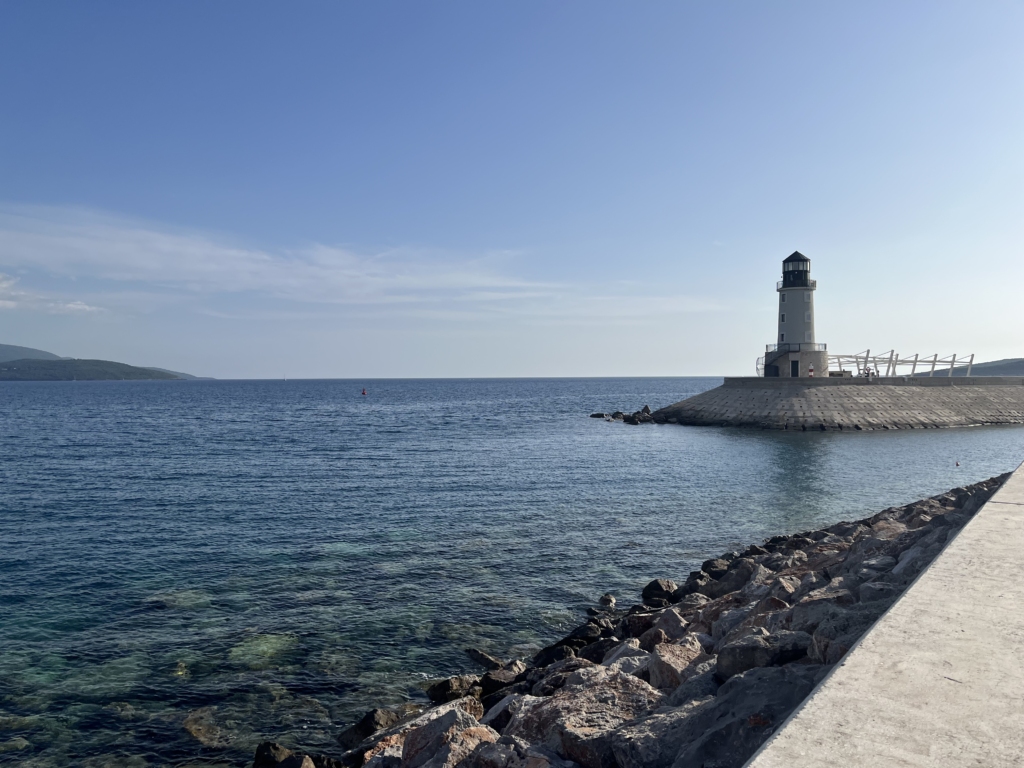
Greece is a member of the European Union, while Montenegro is a candidate country that is working on joining the EU – See Is Montenegro in the EU? Both accept the Euro as currency.
Montenegro vs Greece – Natural Beauty
Both Montenegro and Greece boast breathtaking natural sceneries and a plethora of outdoor adventures. Montenegro, with its majestic mountain ranges and iconic national parks like Durmitor, Biogradska Gora, and Skadar Lake, emerges as a haven for those passionate about nature. The country’s compact size allows visitors to experience both the crystal-clear waters of its beaches and the lofty peaks in a single day.
Particularly, the Gondola ride from Kotor Bay straight up to the Lovcen Mountains offers a seamless blend of sea and summit. Given Montenegro’s petite stature, day trips are ideal, letting you explore and indulge in a multitude of experiences.

Conversely, Greece is renowned for its picturesque Greek Island landscapes, pristine beaches, and iconic mountain ranges like Mount Olympus and the Pindus Mountains. Whether you’re landing at Athens Airport or wandering through Corfu Town, if you’re seeking a serene escape embraced by nature, both Greece and Montenegro present a plethora of choices.
Montenegro vs Greece – History and Architecture
Greece, with its profound historical significance, is frequently hailed as the cradle of Western civilization. Its lands are adorned with some of the globe’s most iconic and revered ancient landmarks. From the majestic Acropolis that stands sentinel over Athens, the mystic Temple of Apollo in Delphi, to the intricate Palace of Knossos in Crete, every corner tells a tale.
The ancient theater of Epidaurus, renowned for its perfect acoustics, the sacred island of Delos, believed to be the birthplace of Apollo and Artemis, and the towering columns of the Temple of Olympian Zeus in Athens further weave the intricate tapestry of Greece’s storied past. The nation’s journey through epochs has shaped the foundations of modern thought and culture. In this realm of historical richness, Greece stands peerless.

Montenegro, though smaller in size, is steeped in a rich tapestry of history and cultural significance. Nestled in the Balkans, its landscapes are dotted with captivating remnants of a storied past. The Old Town of Kotor, a UNESCO World Heritage site, boasts medieval architecture and fortifications that whisper tales from centuries gone by. The Ostrog Monastery, dramatically built into a sheer cliff face, stands as a testament to the nation’s deep spiritual roots.
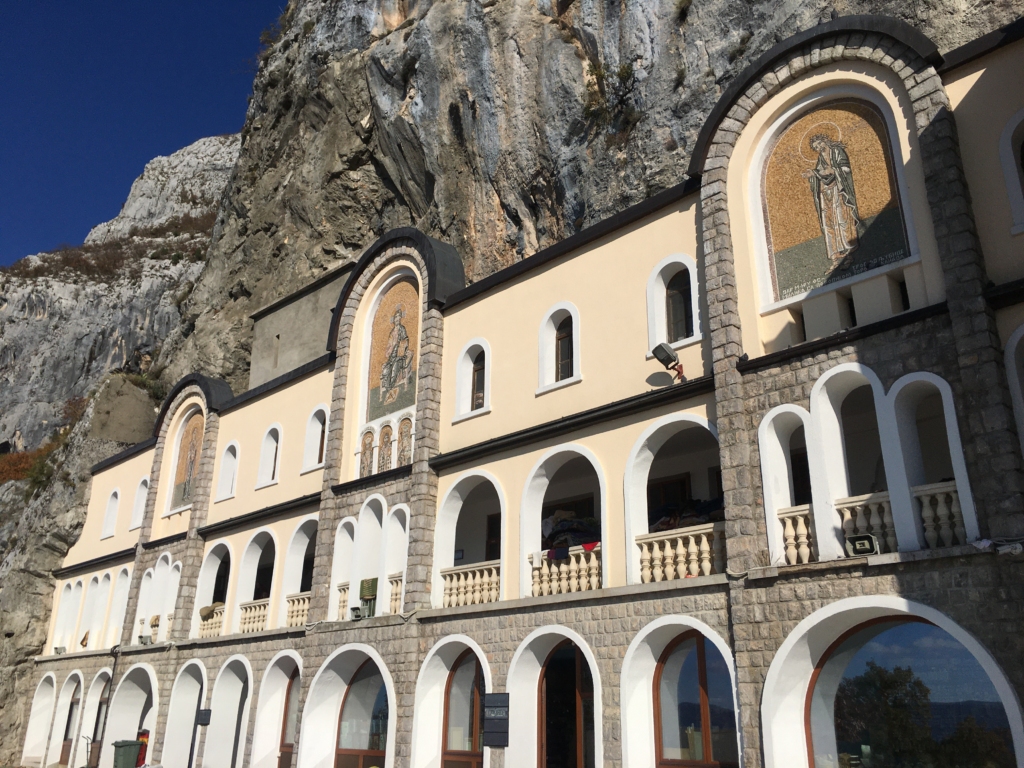
Further, the ruins of Stari Bar tell of ancient civilizations and epochs, while the Royal Capital of Cetinje offers insights into the nation’s regal history. Every cobblestone and fortress in Montenegro speaks of battles, legends, and traditions. In this intricate dance of history and nature, Montenegro emerges as a lesser-known but equally enchanting historical gem.
Read Also: A brief history of Montenegro
Montenegro vs Greece – Nightlife and Entertainment

Both Montenegro and Greece offer a lively nightlife scene, with bars, clubs, and restaurants open until the early hours of the morning. Greece is well-known for its islands, which are known for their nightlife and beach bars. Montenegro’s nightlife is more relaxed, with a focus on outdoor activities, live music, and local cuisine.
However, Budva has a great reputation if you like to party the night away (dubbed the Miami of Montenegro). With a vibrant nightlife scene, Budva offers everything from lively beach bars to upscale clubs, perfect for those who enjoy a good time. The city’s energy peaks during summer, when partygoers worldwide gather to dance under the stars. Read our guide on the best bars in Budva.
Conclusion
So what’s the answer – Montenegro or Greece – In conclusion, Montenegro and Greece are both beautiful and unique destinations in their own right. While they share some similarities, such as stunning natural beauty, rich cultural heritage, and warm hospitality, each country offers a different experience to visitors.
Ultimately, the choice between Montenegro and Greece will depend on individual preferences, budget, and travel plans. Whether you are looking for a peaceful retreat in the mountains, a lively party scene, or a mix of history and culture, both Montenegro and Greece have something to offer.

